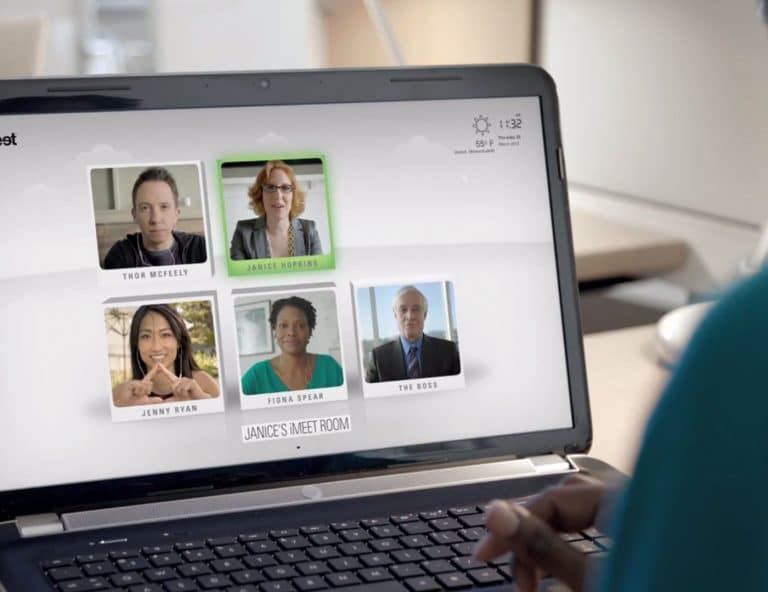A friend and I were discussing Co-dependency and compassion, trying to dissect the difference and how to move past codependency into only compassion.
For so many of us co-dependency has been part our relationships whether we knew it or not. For me, that codependency felt like compassion. I loved my husband very much and loving him meant taking on his ‘problems’ versus letting him wallow in his own journey to self-discovery and healing. My ‘caring’ put us on a crash course of pain and disappointment.
As a compassionate person, other people’s problems make me sad and overwhelmed, driven to help them. I love helping someone work through their troubles or their sorrows and provide sound counsel if asked. I like making people feel better and, in a very real sense, I have learned I get some of my self-worth from sharing my ‘compassion.’ Basically, I hate that people are hurting and I want to make the pain go away. But- and this is a big BUT- that is not fair to me or them. Why not you ask?
Let’s start by looking at the definition of each and then explore how to move forward with a healthy sense of compassion instead of co-dependency.
Compassion: sympathetic pity and concern for the sufferings or misfortunes of others.
Co-dependency: excessive emotional or psychological reliance on a partner, typically one who requires support on account of an illness or addiction.
In my past, ‘being there for someone’ often created a codependent relationship. This means that they weren’t processing or solving problems on their own. I was taking on their problems. I was solving their problems I was processing their pain. (By the way, I’ve had both codependent intimate relationships, and friendships)
I’ve “helped” by solving the problem rather than let them experience the pain and misery of figuring it out for themselves. Not only would I do that one day, I’d wake up the next day to see “How’s it’s going?” which is really a code phrase for “do you need me today?”
The real root of the problem is that by caring about everyone else’s problems and pain I didn’t have to take care of my own problems and pain. I could postpone or ignore my own issues because someone else needed me more and, of course, their problems and pain were way worse than mine. It’s better to save them than to save myself.
Along the bumpy journey of growing and healing, I have (finally) learned three important lessons to stay out of codependency.
- Never short change anyone’s journey. I did this by giving my husband the ‘motherly, unconditional love” he didn’t get as a child. I thought that was real love. I thought he deserved this kind of love since his mother didn’t love him unconditionally and was emotionally unavailable. Oops. All I did was help him postpone the experience he needed to move through the pain and trauma he endured as a child. As co-dependents –otherwise known as overly compassionate adults-we become the antidote to the poison they live with. Here’s the thing with emotional poison, the only way to heal from it is to let it go through your system. And for those who attract codependents, they must let the poison of their own pain go through without asking someone else to carry it for them, they just don’t know it. When you find yourself saying “oh I can take that pain away” or “I’m nothing like him or her,” you’re taking the journey of healing away from the person and you end up getting hurt because when you stop providing this ‘drug’ or they stop needing it, they inevitably don’t you So don’t provide it in the first place.
- Find new boundary-strong language. Maybe you have a friend that asks for money, or a couch to sleep on, or calls you instead of getting a real therapist. Inherently, there’s nothing wrong with any of these things, if you know you will never see the money again, or they really only need the couch for one or two nights and that they will listen to you when you need to talk. Otherwise the best response is “Bummer. I bet you’ll find an answer” Or “I can’t do that right now.” What this does is pushes them back onto themselves and that is where they must be to actually do the work they need to do.
- Focus on feeling rather than doing– When someone is having issues with their work, relationships or financial problems, focus on how you’re feeling about the situation rather than what you can ‘do’. You may start saying things like “I feel for you man. That must be really hard.” Or “I know you’re strong. You’ll figure out the best decision.” Or,” How do you feel about that?”
In each of these cases the person has to deal with their own feelings and actions, keeping you at a healthy distance so that you are not doing the journey for them.
At Rebuilders International, we have several classes and programs to help you move on after loss. It’s your life, make it what you want.
Click here for our current class offerings.



